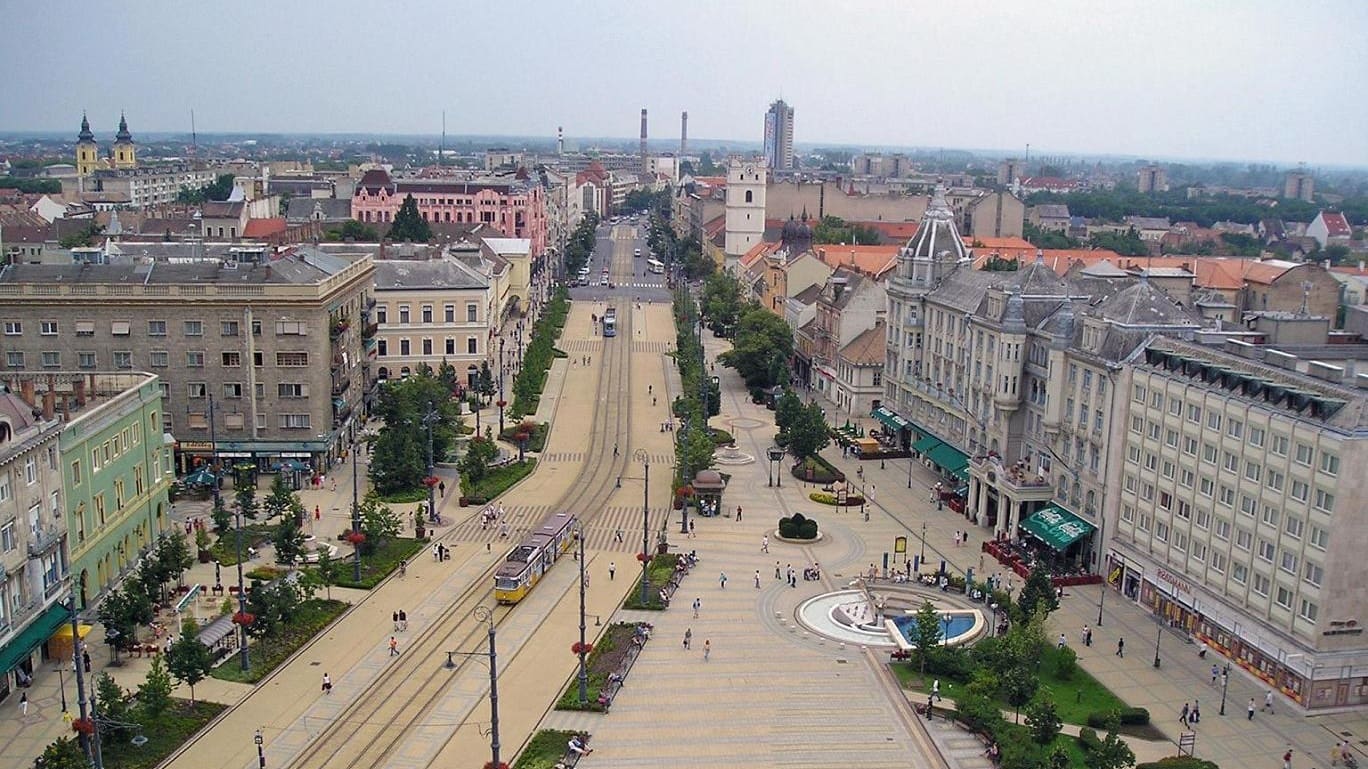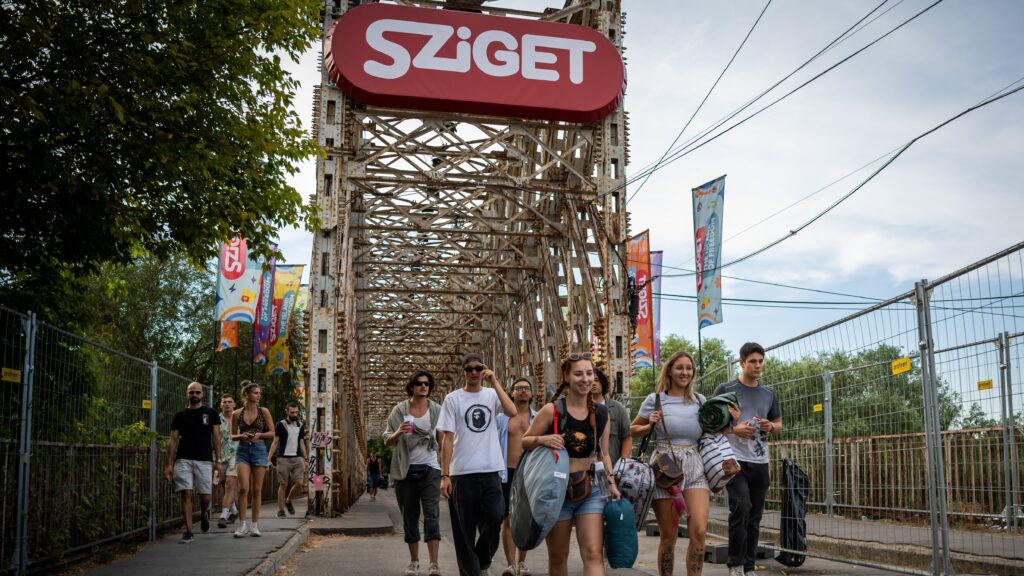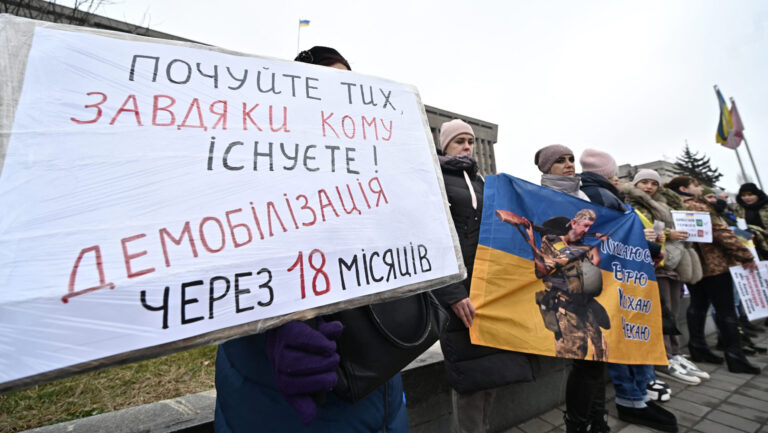The Ministry for National Economy issued a public statement on Wednesday, 21 February, vowing to strictly punish those who produced counterfeit work permits for foreign workers in Debrecen, Hungary. While no company or person was named in the statement, the Ministry noted that an investigation had been launched suspecting the counterfeiting of official documents, a crime that carries a maximum penalty of three years in prison.
The suspects in the Eastern Hungarian city tried to employ more foreign nationals in their company than what the regulation allows
by providing fraudulent documents in their official paperwork.
‘The Hungarian workforce is our top priority, which is why the Parliament has adopted stricter alien policing laws than ever before. Temporary residence and work in Hungary are only allowed for the purpose, title, and conditions determined by the Hungarian state, and only if the state so decides,’
the statement by the Ministry read.
Previously, we ran an analytical piece on the Hungarian legal framework allowing for foreign nationals to work in the country.
As the analysis by Sayfo Omar, a researcher at the Migration Research Institute (MRI), points out, the number of foreign workers coming from outside the European Union to the country is set to a quota of 20,000. That quota has not fully met as of September 2023. Also, all foreign workers must leave the country as soon as their work permits expire.
In addition to the statement about the counterfeit work permit case, the Ministry of National Economics has also announced that it is raising the fines for labour regulation infringements, as an incentive for companies to strictly follow the rules in place.
From 1 March, the minimum fine will be raised to double its current amount, 100,000 HUF (around $280). Meanwhile, the maximum amount that can be issued as a penalty will be increasing ten-fold, from 10 million HUF to 100 million HUF.
Read more:








